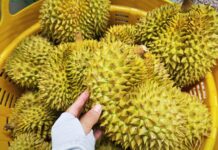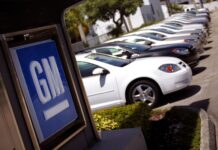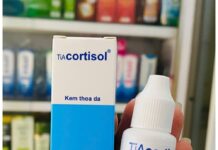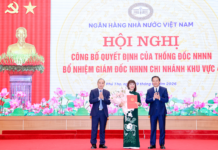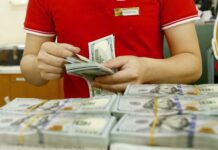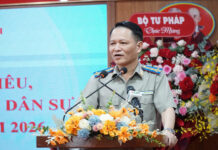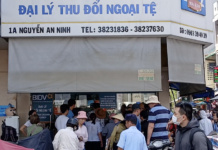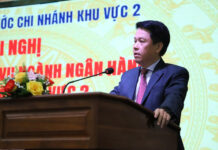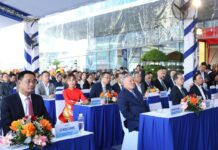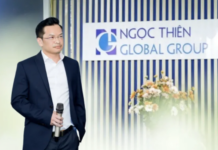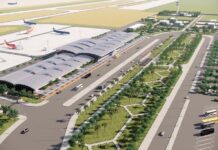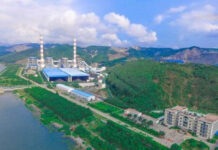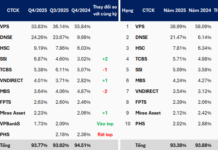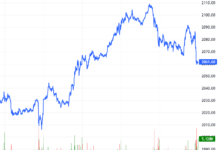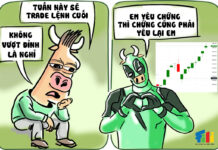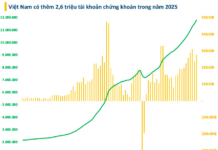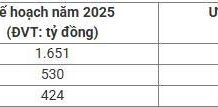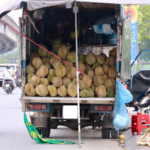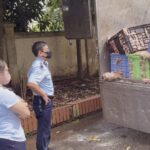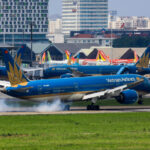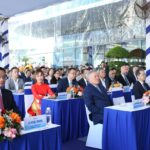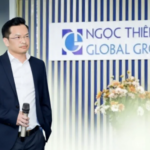Ho Chi Minh City’s People’s Committee has reported on the implementation of policies and laws regarding the prevention of counterfeit drugs and food in the city. The report, signed by Vice Chairman of the City People’s Committee Tran Thi Dieu Thuy, highlights the complex and sophisticated nature of counterfeit drug production and distribution in Ho Chi Minh City.
According to Report No. 53/BC-UBND, issued on August 13, 2025, several cases related to counterfeit drugs and food have been discovered and handled between January 1, 2024, and June 30, 2025.
Seizure of thousands of counterfeit health supplements and milk products
In the field of counterfeit food, the Ho Chi Minh City Police have initiated eight cases with 27 defendants, seizing over five tons of food additives (MSG), 75 fake water filter cartridges, 24,315 bottles of health supplements, and 7,525 cans of counterfeit milk powder, along with labels, packaging, and production equipment.
On January 8, the police uncovered a group of five individuals producing over three tons of fake MSG and Knorr seasoning. The group purchased unlabeled MSG from unknown sources and packaged it with fake expiration dates and brand labels for sale.
On May 21, Market Management Team No. 3 inspected the premises of An Nguyen Import-Export and Investment Company, discovering 2,167 boxes of untraceable health supplements and 4,497 bottles of milk, with a total value of VND 777,030,000. The company was fined VND 205 million, and the illegal products were confiscated and destroyed.
Earlier, on January 19, 2024, the Ho Chi Minh City Economic Police, in coordination with their counterparts in Binh Duong, raided a facility producing counterfeit milk products bearing the Abbott brand, including Ensure, Ensure Gold, and Glucerna, with seized goods valued at approximately VND 14.5 billion.
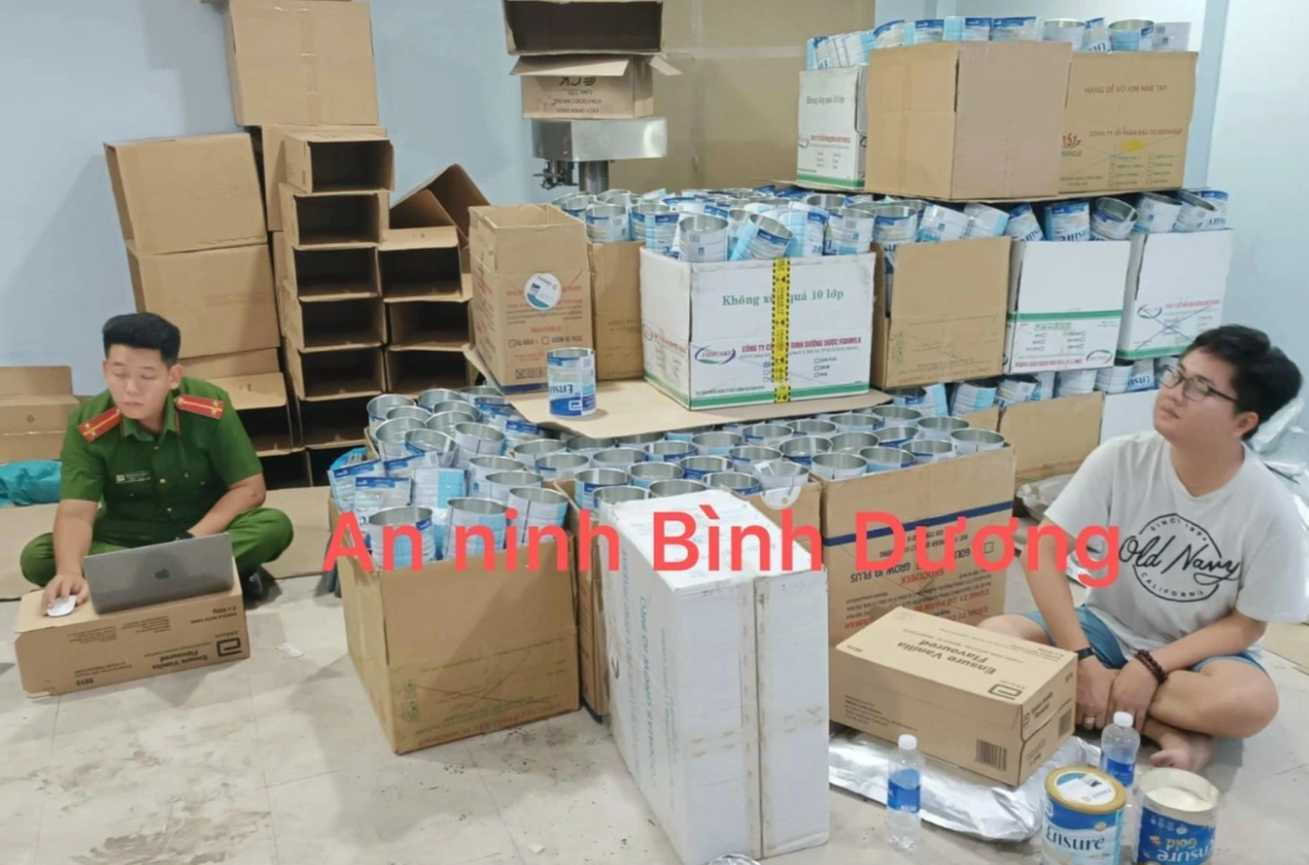
Police seized counterfeit Abbott milk products, including Ensure, Ensure Gold, and Glucerna, valued at approximately VND 14.5 billion – Photo: Binh Duong Provincial Police
To evade detection, the group changed production locations between Ho Chi Minh City and Binh Duong every ten days and only sold their products online through e-commerce platforms. The case has been prosecuted, with eight defendants charged under criminal law.
Additionally, the Ho Chi Minh City Police have initiated six cases involving 37 individuals related to the production and trading of counterfeit drugs.
A typical case was busted on December 25, 2024, involving a couple, Ngo Kim Dieu and Nguyen Thi Ngoc Huong, who used two companies, Kingpharm Co., Ltd., and Kien Lam One-Member Co., Ltd., as fronts for producing counterfeit traditional medicines.
Uniquely, instead of counterfeiting existing brands, they invented 71 different medicines, making up fake drug names and companies that did not exist, and listing fake addresses in Singapore and Malaysia on the packaging to deceive consumers about the products’ origins.
From 2018 to 2024, they produced and marketed these fake drugs, mainly in the Mekong Delta region, through goods transportation channels.
Raids at four production and storage sites resulted in the seizure of 1,164 boxes of finished and raw counterfeit drugs, 63 bags of powdered raw materials, and production equipment. The estimated illegal profits reached VND 34 billion.
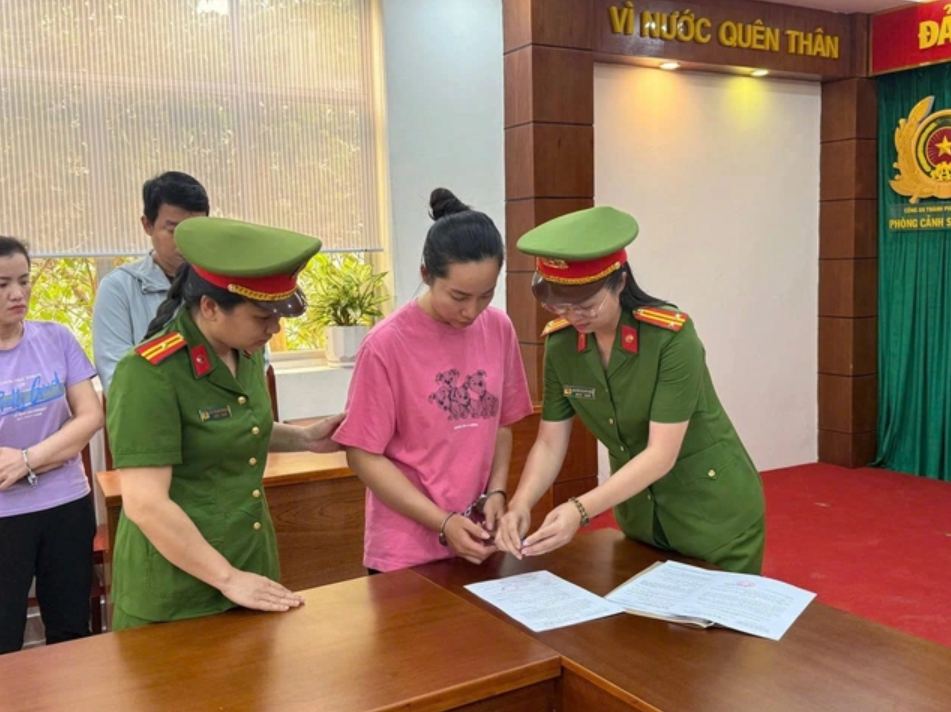
Ho Chi Minh City Police uncovered a ring of counterfeit drug production led by Nguyen Thi Ngoc Huong (center) – Photo: Ho Chi Minh City Police
The Ho Chi Minh City Police initiated legal proceedings and detained 22 individuals for “Production and trading of counterfeit drugs” under Article 194, Clause 3 of the Criminal Code.
Challenges in management and enforcement
According to the Ho Chi Minh City People’s Committee, despite efforts by health authorities and functional forces to inspect, monitor, and handle violations, counterfeit and substandard goods continue to persist.
Ho Chi Minh City is home to numerous large-scale medical facilities with specialized departments, serving as the final treatment hub for southern Vietnam. It boasts ten general hospitals, 22 specialized hospitals, 12 ministry-run hospitals, 19 district-level hospitals, 22 health centers, 310 health stations, 72 private hospitals, 8,044 private clinics, and 39 satellite emergency stations.
The city is also a distribution hub for pharmaceuticals nationwide, with 42 drug manufacturing plants, 1,531 drug and raw material wholesalers, 8,454 drug retailers, and 647 traditional medicine and herbal medicine retailers (as of June 30, 2025).
Vice Chairman Tran Thi Dieu Thuy noted that the production and trading of counterfeit drugs are highly complex and sophisticated, often carried out by individuals or organizations without the necessary expertise. Production sites are not necessarily permanent or well-equipped, and social media platforms are used to conceal their locations.
Counterfeit drugs are typically produced in multiple locations simultaneously, and social media is used to buy and sell them, hiding the actual production sites. These sites are often in areas with unnumbered houses and less foot traffic or disguised as legitimate companies to avoid detection.
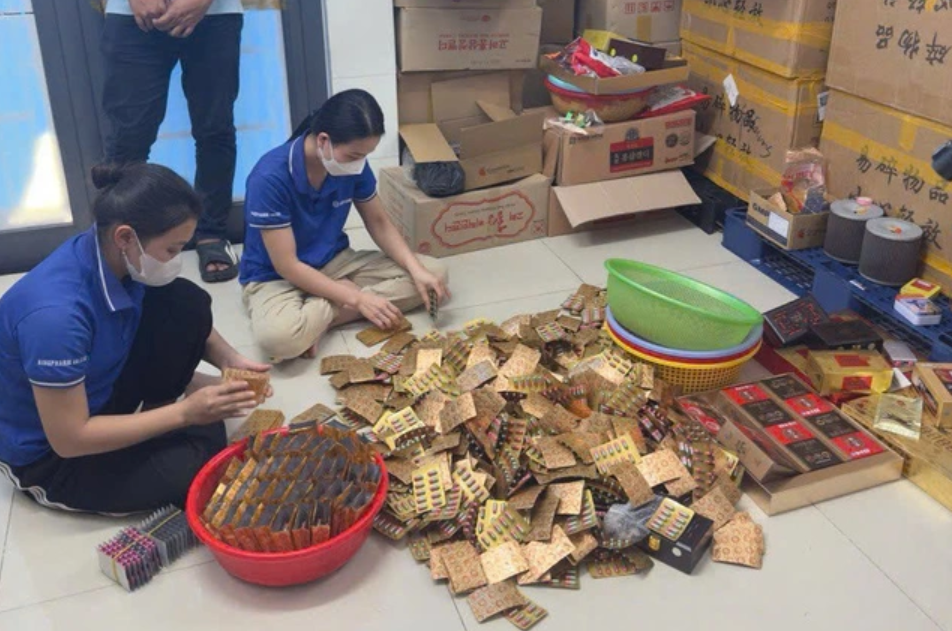
Staff packing goods for delivery to the market – Photo: Binh Duong Provincial Police
Counterfeiters and intellectual property infringers tend to focus on high-value items, producing in small batches and selling immediately to avoid detection. These counterfeit drugs closely resemble genuine products in packaging and are challenging to identify. The production sites do not meet standards and are often temporary, evading authorities’ scrutiny.
They advertise and transact through social media or home delivery services, and their websites, e-commerce platforms, and social media accounts are used to promote and sell counterfeit and infringing goods, making it challenging to identify and locate their businesses for inspection and handling.
Additionally, some citizens lack awareness of the dangers of self-medicating without proper prescriptions. They often purchase medicines based on unsubstantiated recommendations or online sources, and they may have unrealistic expectations about the effects of certain drugs, especially dietary supplements, weight loss pills, and sexual enhancement products. As a result, they may turn to illegal or substandard products advertised through social media and e-commerce platforms.
Furthermore, coordination between units can sometimes be lacking, leading to overlaps or delays in handling cases. While the legal framework is comprehensive, administrative penalties may not be stringent enough to deter repeat offenders.
To address these challenges, the Ho Chi Minh City People’s Committee has made several recommendations. They propose that the National Assembly consider amending the Criminal Code to expand the scope and increase penalties for counterfeiting and related offenses and introduce stricter penalties for accomplices and enablers.
They also suggest that the Government increase administrative fines for counterfeiting and strengthen regulations for the safety and quality of food and dietary supplements. Additionally, they recommend that the Ministry of Finance provide guidance on building warehouses to store confiscated goods and evidence in anti-smuggling efforts.
The city proposes enhancing collaboration with tech giants like Facebook, TikTok, and YouTube to monitor and remove illegal advertising content. They also emphasize the importance of raising public awareness about identifying genuine and counterfeit goods through effective communication campaigns.
Finally, they call for intensified inspections and post-market surveillance of food safety, including periodic sampling and testing to ensure timely detection and notification of any issues to protect consumers.
The Double Standard Paradox of Vietnamese Agricultural Produce – Part 1: Focusing on Foreign Standards While Neglecting Domestic Ones?
A wide range of Vietnamese fruit and vegetable products are conquering some of the most demanding markets today, including the US, Europe, Japan, and China. However, a long-standing paradox persists: domestic consumption of agricultural produce in Vietnam often lacks defined quality standards.
The Top 4 Free Trade Zones in Ho Chi Minh City
With its expanded administrative boundaries, Ho Chi Minh City now boasts four free trade zones that have been approved by the Prime Minister. These zones are poised to become thriving hubs of economic activity, offering a myriad of benefits to businesses and investors alike. The meticulous planning and development of these zones are currently underway, marking an exciting new chapter in the city’s journey towards becoming a prominent economic powerhouse.
The Capital Draws Crowds for A80 Showcase, Airfares for National Day Skyrocket to Lunar New Year Levels
Airfares for the Ho Chi Minh City – Hanoi route during the National Day holiday on September 2nd can reach up to 7 million VND for a return ticket, a price surge comparable to the Lunar New Year festivities and almost double the regular rates.


